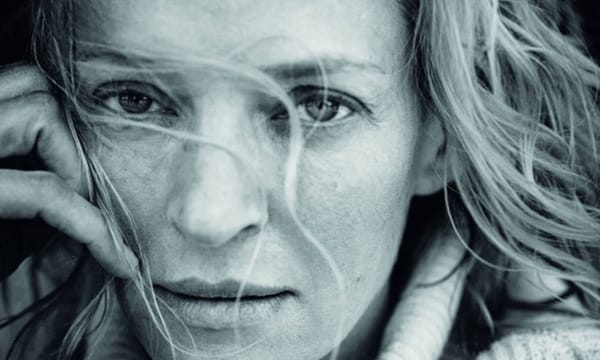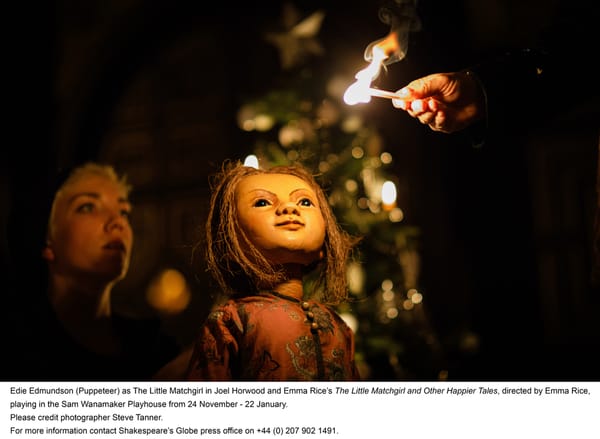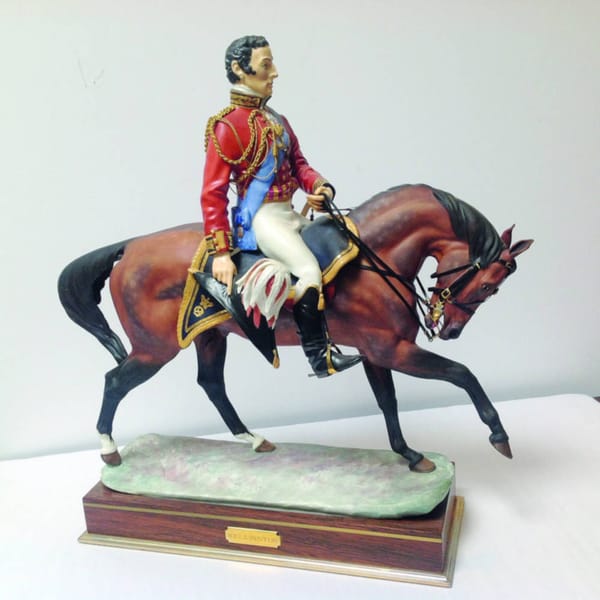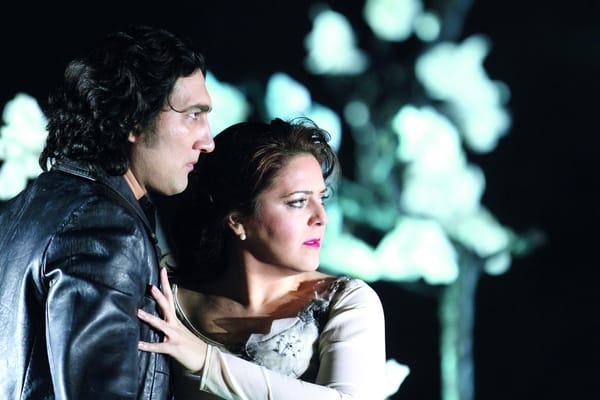Arts in 2016 | a year in review
Three of our writers look back on their favourite productions and exhibitions from this year.
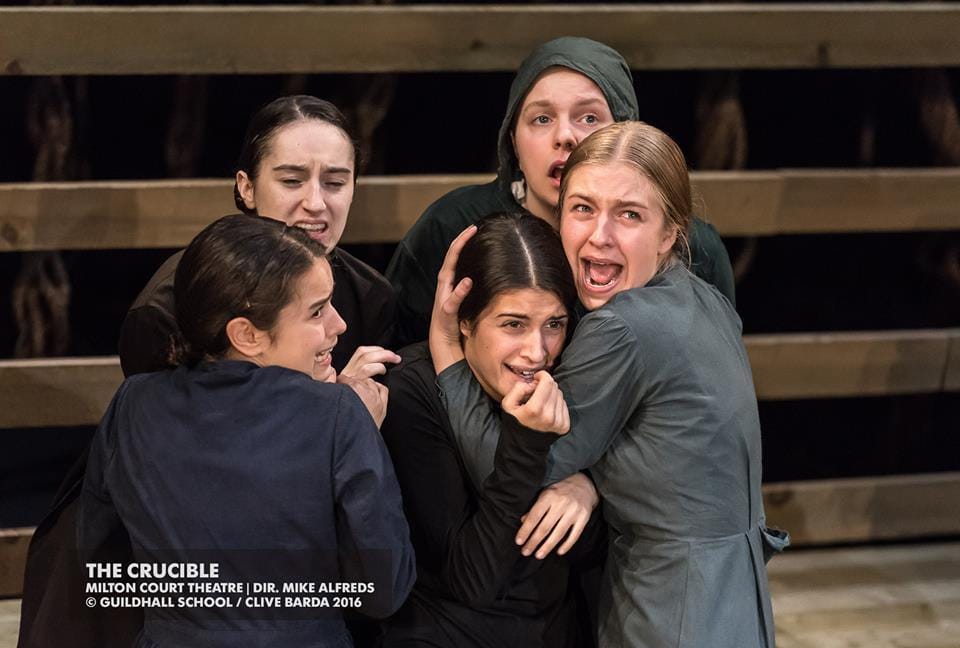
Ezra Kitson
The Crucible' at Guildhall was my favourite show of the year. In the wake of everything that has happened in 2016 it’s quite difficult to be overly optimistic about the future but the Crucible reminded me of how mad people were in the 1950’s, and we managed to get through that. Maybe - like the ice ages which come and go over millions of years - collective hysteria frosts and thaws in the modern world over decades. We’re in the middle of a snowstorm at the moment but soon the MacArthurs of our age will lose their way, and the Gorbachevs will be waiting with samovar in hand to guide us back into the sun. It’s a nice thought anyway.
Adam Gellatly
Another knockout screenplay from the rising star that is Lucy Kirkwood, The Children at the Royal Court Theatre was one of the capital's stand out theatre productions this year. Three retired nuclear physicists, in the wake of the meltdown of the nuclear plant they helped design and build, contemplate their role in the disaster from the kitchen of a seaside cottage over the course of two days: the physical, emotional, and moral implications that come with it – with a wonderful wit and truly laught-out-loud dialogue. An absolute viewing delight for audience members of all ages (dare we say modern masterpiece?), topped with an excellent set design. What's more it runs until the 17th of January - so make the short journey to Sloane Square and enjoy this phenomenal play while you still can!
Claire Chan
This has been my first year writing for Felix; my first foray into journalism. And what a year it has been already! It’s very hard for me to pick a favourite from the amazing events I’ve been to this term. But if pressed, I think I might choose Paul Nash’s exhibition at the Tate Modern. Art is not something I am widely read in at all. Does that make appreciating it harder, or easier? At the very least, I can approach a work with a completely open and unbiased eye. Paul Nash’s works, with their strange air of otherworldliness, their suggestions of monumental power, stirred something in me. There are few human figures in his works, and those that exist are lost in the sheer vastness of his landscapes: the infinite sky, an unending expanse of sea, his trees charged with symbolism. It is the idea of the sublime that comes to the fore in his art. Beauty, terrible and overwhelming, that moves us to awe as it “serenely disdains to annihilate us”.

